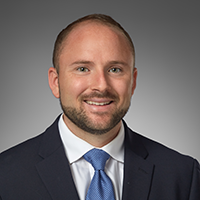By Julie Thorpe-Lopez
Paradoxically, the pressure to be joyful during the holidays sometimes eviscerates the actual experience of joy. In addition to the regular stress of our jobs, family, and personal obligations, we are bombarded with pressures to celebrate, whether we actually celebrate a particular holiday or not. Adding to this already overflowing plate of stress is traveling or hosting guests, shopping, financial pressures, and spending time with extended family — with whom we may or may not positively connect. When things don’t go the way the holidays look in commercials or on social media (most of which is really unachievable unless your profession is “TV producer” or “social media influencer”), we feel a sense of failure. When our kids are going bananas without a regular school routine for three or four weeks, we feel like we are blowing it as parents. Plus, we’ve all endured a years-long pandemic and have been in fight-or-flight adrenaline overload for much longer than humans were made to endure. We still have tremendous political divisiveness permeating the media — another stressor that crops up with the extended family time we are expected to put in. It’s no surprise that joy and peace don’t always come easily during this time. Read More







